FAQ
Sound deadening involves the use of materials designed to reduce noise and vibrations within a vehicle. These materials absorb and dampen sound waves, resulting in a quieter and more comfortable ride.
- Sound deadening offers several benefits:
- Reduces road noise and vibrations.
- Improves audio quality by minimizing external noise interference.
- Provides thermal insulation, keeping the cabin cooler in summer and warmer in winter.
- Prevents corrosion by protecting metal surfaces from moisture buildup.
- Enhances overall driving comfort and experience.
OEMs produce cars that meet basic regulatory standards, only luxury cars provide a damped car. However, approximately 30-40% of individuals, find these basic features unsatisfactory and turn to the Aftermarket to upgrade their vehicles with damping. Moreover, enthusiasts who have a passion for music also choose to upgrade their car.
- It helps to reduce the overall noise.
- The noise from passing cars is significantly reduced.
- The rumbling noise from the roof and floor at high speeds disappears.
- The engine sound is muffled.
- The noise from the road ahead becomes less noticeable.
Vibration from the running engine at idle is significantly reduced
- The sound quality of the audio system is greatly improved, with clear and dynamic bass.
- Squeaks from plastic interior parts disappear.
Yes, our damping sheets not only reduce noise and vibration but also offer heat protection, prevent corrosion by protecting metal surfaces from moisture buildup, and are odor-free, enhancing overall vehicle comfort and longevity.
Butyl tape is used-
- On hoses to help minimize the environmental effects on it
- Helps to minimize seepage
Depends upon the area of application. Damping a full car takes approximately 5-6 hours.
The shelf life of Paramat products is 180 days from the date of manufacturing under normal storage conditions.
1. Doors: Apply sound deadening material to the inner door panels, including the metal frame and the door skin. This helps reduce road and wind noise that penetrates through the doors.
2. Floor: Apply sound deadening material to the floor. This helps reduce road and tire noise transmitted through the floor.
3. Roof and headliner: Apply specified sound deadening material to the roof and headliner to reduce noise from rain, wind, and other external sources. This helps create a quieter cabin environment.
4. Trunk: Apply sound deadening material to the trunk area, including the trunk floor and sides. This helps reduce road noise and vibrations that enter through the trunk.
5. Wheel arcs: Apply sound deadening material to the wheel wells, both inside the cabin and in the trunk. This helps reduce road noise transmitted through the wheel arcs.
To calculate the number of sheets required for a particular car type, users can visit the company website and check out the material calculator.
On average, the car will gain around 30-35 kg (depending on the materials used and the model of the car) after full soundproofing.
The products are applicable within ambient temperature.
The Paramat damping sheets can reduce up to 6-8 Decibels of sound.
Yes, but due to adhesive nature, it will be removed with a lot of effort.
Our ISO and IATF certifications ensure that Paramat products meet the highest standards of quality and consistency. These certifications demonstrate our commitment to manufacturing excellence, safety, and reliability, providing our customers with confidence in the performance and durability of our products.
No, All the products are manufactured in India. The company operates four manufacturing facilities in India in Pune, Hosur, Halol, and Bhiwadi, and one in Thailand.
TITANCORE
Aluminum foil 80 microns
2.1 mm
High quality sheet to provide perfect balance of performance and lightweight design.
OPTISOUND
Aluminum foil 50 microns
2.1 mm
Cost-effective, Reliable performance
Different thicknesses, such as 2.1mm and 2.6mm, offer various levels of vibration absorption. Higher thicknesses provide enhanced vibration absorption qualities, ensuring that all options deliver effective noise reduction and improved driving comfort.
Each of our three damping sheets is designed for specific applications and benefits. We recommend choosing based on your specific needs and vehicle requirements. Please refer to our product comparison guide for detailed information.
Extra microns provide better vibration and heat absorption, leading to more effective sound damping.
Yes, more microns in aluminium foil acts as a barrier for the vibration waves. It helps in the blockage of vibrations. Butyl helps to absorb the vibrations but aluminium sheets helps to block the vibrations from escaping.
The melting point of the damping sheets is about 160 degrees Celsius.
If installed correctly, soundproofing should not come off or suffer from high temperatures caused by surface heating up from the sun. Paramat materials can withstand temperatures up to 160 degrees Celsius in a stable condition.
Different sheets are optimized for various parts of the vehicle. For instance, some sheets are ideal for doors, while others work best on floors or trunks. Our installation guide provides detailed instructions on where to apply each type of sheet for optimal performance.
Yes, Paramat offers customizations in their offerings, which can vary in thickness, size, and branding.
Switch blade knife, application roller, gloves, crimping tool, and panel removal tools are required for installing a sound deadener
Paramat is an aftermarket brand under Paracoat Products Limited, a company with a 40-year track record in delivering NVH solutions to OEMs. Drawing from this extensive experience, Paramat offers a basket of products designed to deliver 360-degree sound solutions to your car.
